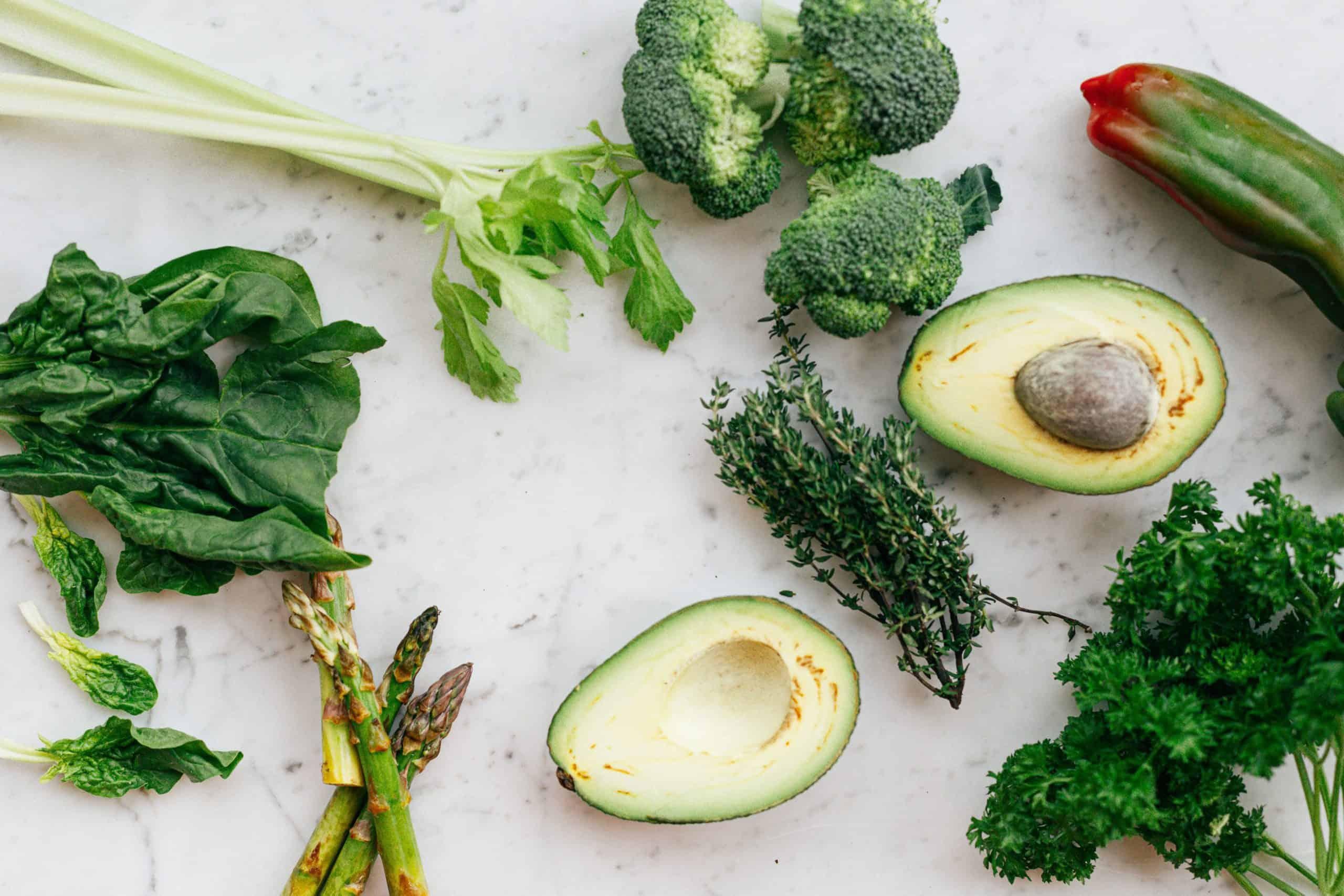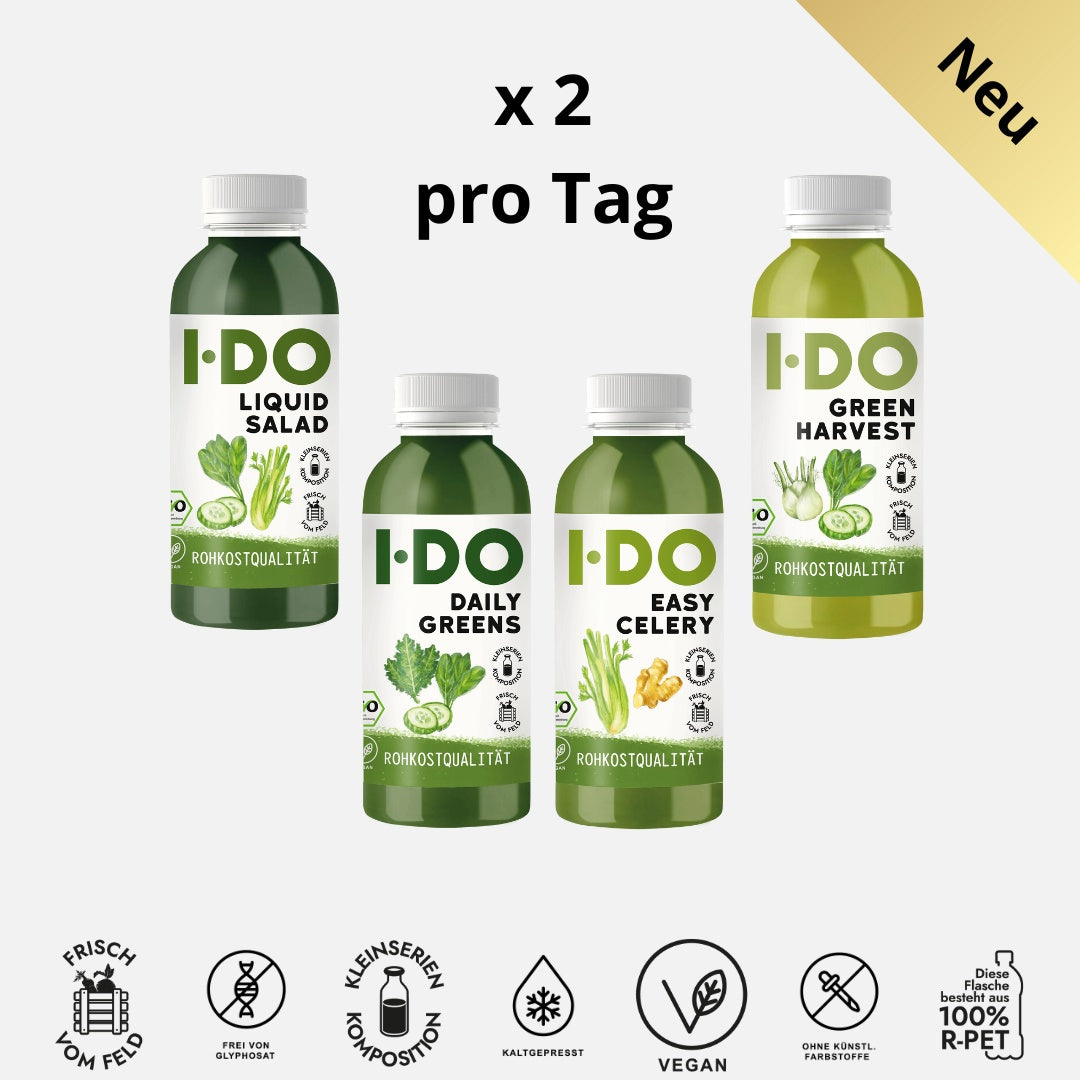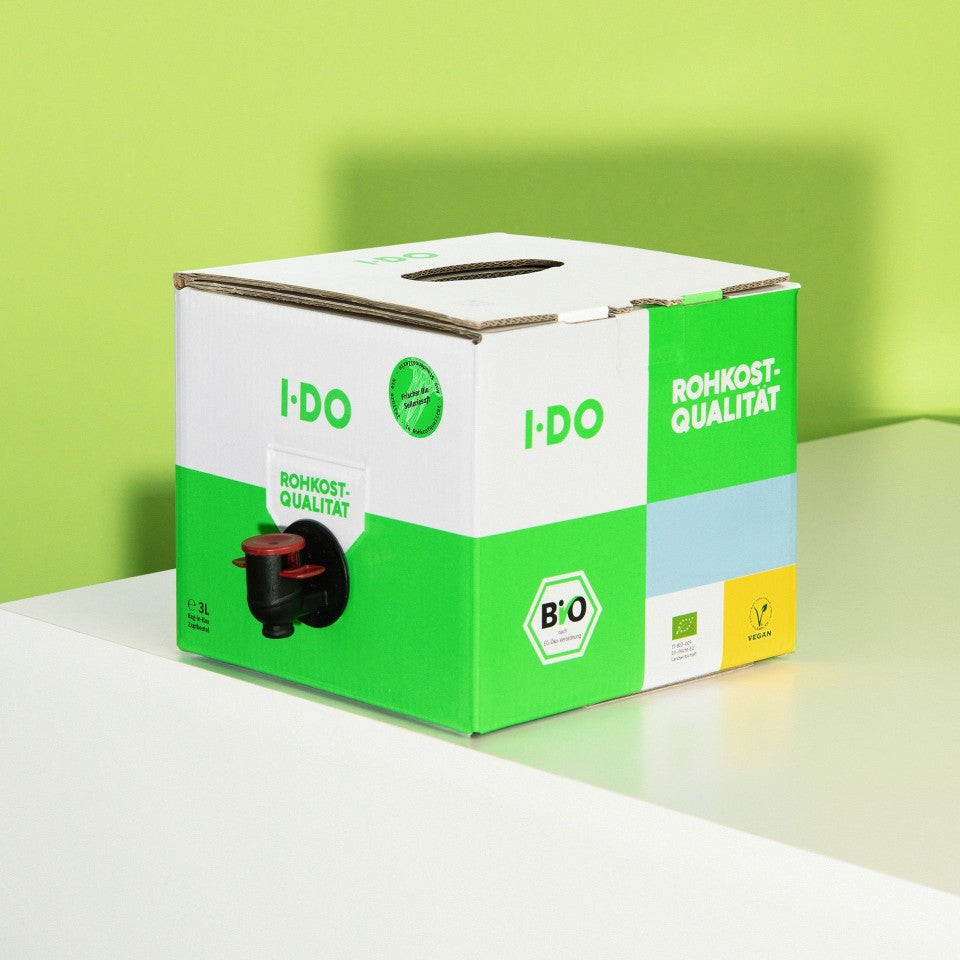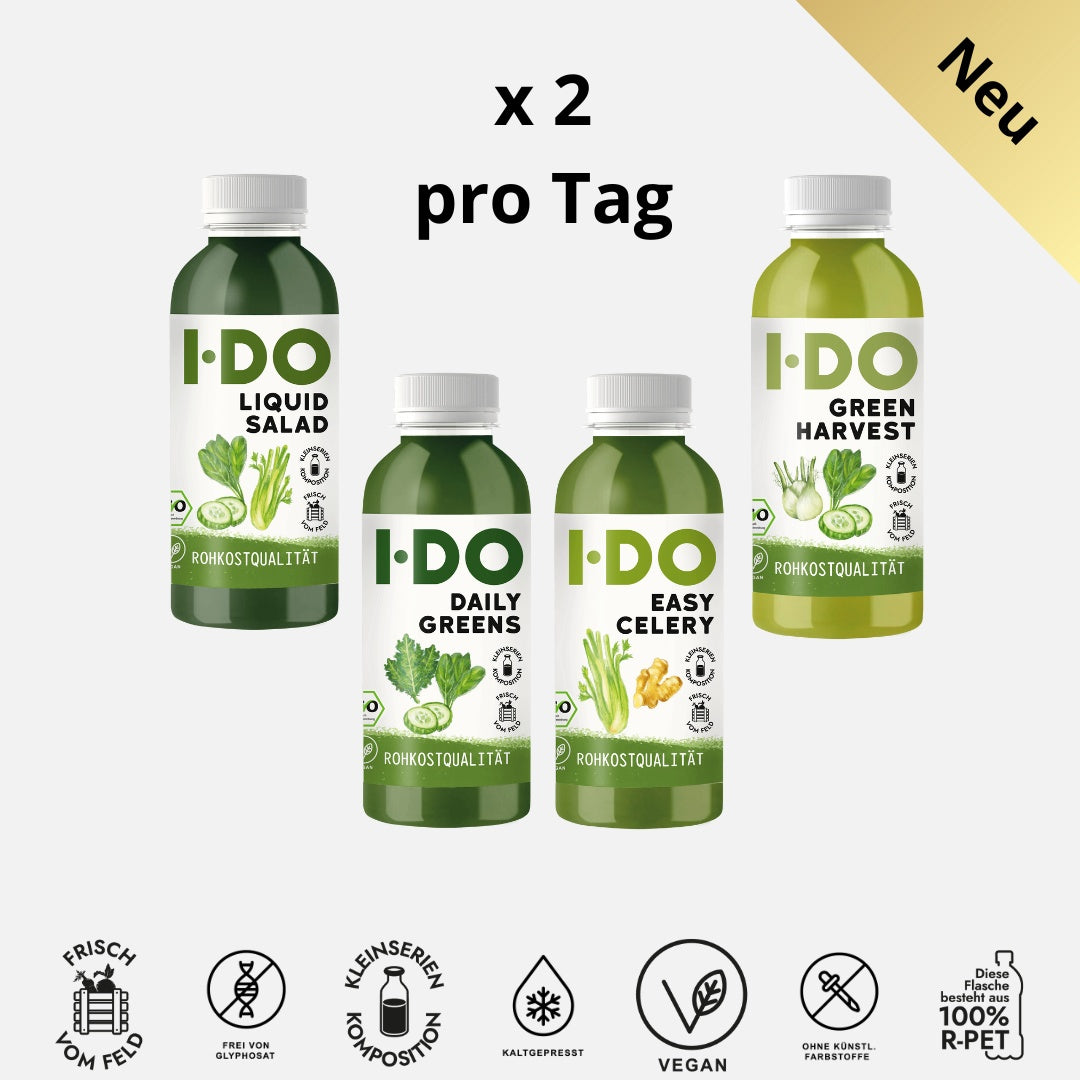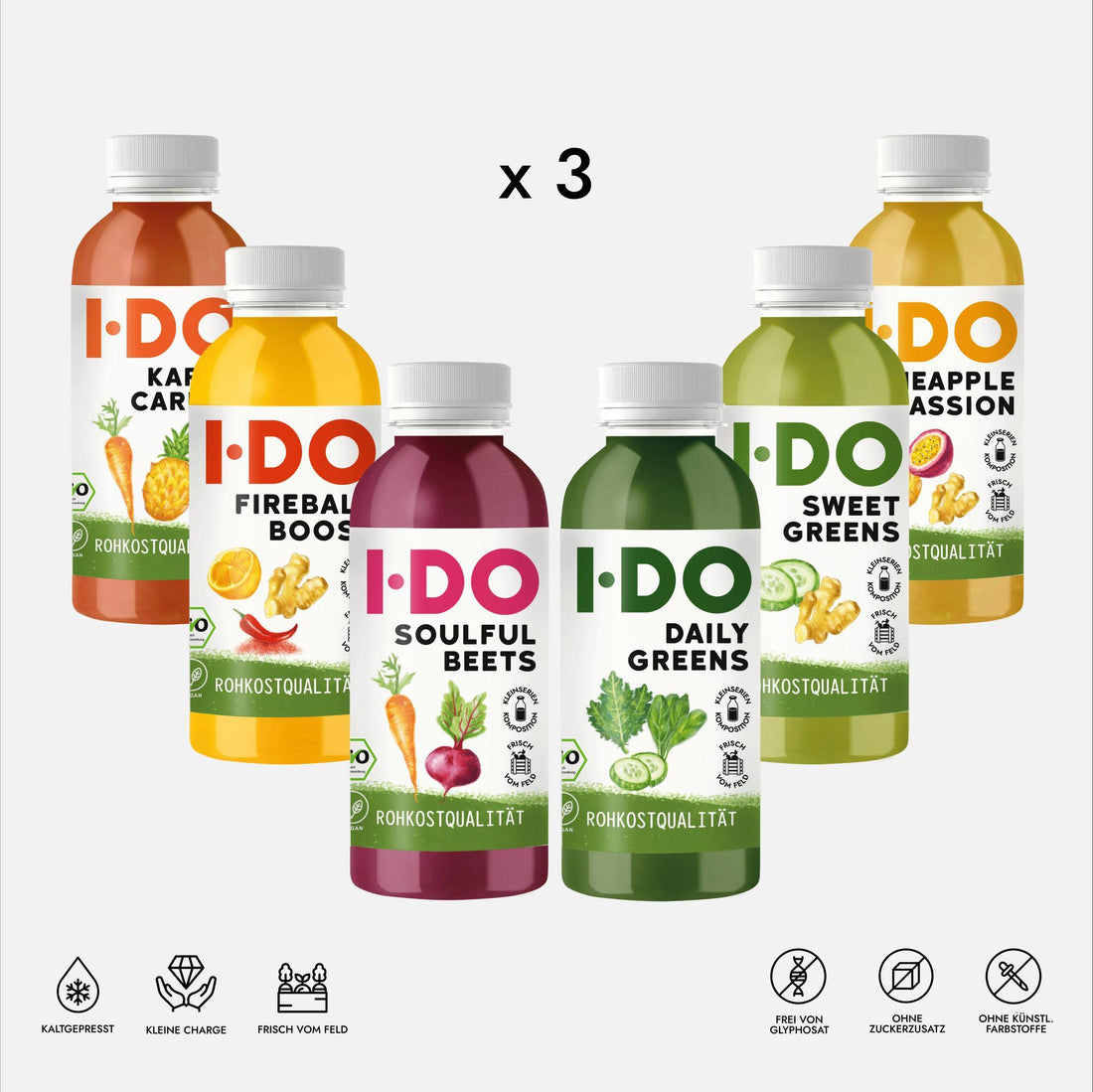Five portions of fruit and vegetables a day - that's nothing new. But the question still remains whether we should eat beetroot, celery , etc. raw to ensure the highest possible supply of vitamins and nutrients, or whether it is advisable to cook the food. So we ask ourselves how healthy raw food really is. Opinions differ on the subject of raw food. So how healthy is raw food really? We explain and highlight the advantages and disadvantages of raw food.
What is meant by raw food and raw food quality?
In the broadest sense, raw food refers to any unheated food, whether of plant or animal origin. However, the term raw food usually refers to a vegetarian or vegan diet. Raw food is therefore food that has not been heated before consumption, i.e. not baked, fried, boiled or pasteurized.
This may sound like a very limited menu at first. But in reality, raw food is already part of many healthy meals in our everyday lives. This includes, for example, side salads, nuts, fruit salad, dried fruit and raw juice.
Humans – the only creatures that heat food
Consider that humans are the only creatures that heat food before eating it. So let's try a little thought experiment and imagine that our ancestor, homo habilis, had not succeeded in taming fire and processing food. We would either still be dependent on raw food, or humans as we know them today would not even walk this planet. Fortunately, of course, that is not the case. Nevertheless, we will take a look at the advantages of eating a meal without heating it.
The Benefits of Raw Food
Whenever food is heated, whether it is boiled, baked, fried or steamed, nutrients are lost: vitamins, trace elements, minerals and secondary plant substances. Conversely, this means that these very nutrients are still fully preserved when no heat is applied, i.e. when we consume raw food. Secondary plant substances in particular are extremely important for our health, as they contain antioxidants that protect against free radicals in the body. These so-called free radicals are highly reactive, aggressive molecules that are formed by the body itself during various metabolic processes, but can also be caused by external influences such as cigarette smoke, UV radiation and environmental toxins. What helps here is plenty of fruit and vegetables to protect cells - ideally with as high a proportion of secondary plant substances as possible. Raw food can also help against constipation by restarting the body's own regulation. Raw food is not only considered particularly healthy and nutritious due to the intact vitamins and trace elements, but raw food also tastes good and leads to fewer calories without the same feeling of satiety.
So is cooked food bad for our body?
Not everything is black or white. The question of whether cooked food is bad cannot be answered with a clear yes or no. First of all, it is important to clearly differentiate which types of fruit and vegetables we are talking about. Fruit is edible raw, except for rhubarb, which is poisonous when unprocessed. The list of vegetables is a bit longer. The foods that are indigestible when uncooked include potatoes, eggplants and pulses such as beans, peas and lentils. Grains are also difficult for the human digestive tract to digest when unprocessed. Raw food as a pure form of nutrition is therefore rejected for the sole reason that many important nutrients are contained in foods that are not edible when uncooked. In addition, some vegetables are better eaten cooked because they contain vitamins and minerals that depend on fats and proteins to be fully absorbed by the body.
What does our gut actually say about this?
The intestinal flora is a genius. It adapts to what we eat. If we don't eat any raw food at all, our body is either completely or partially lacking certain intestinal bacteria. This can lead to unpleasant digestive problems. Raw food is therefore an important part of a balanced diet. However, a radical change to more raw food can also be challenging for our body. Raw fruit and vegetables are rich in acids, fibers and other substances that can lead to flatulence and fermentation processes. This is due to the composition of the intestinal bacteria. As soon as the body realizes the change and the intestinal bacteria responsible for digesting raw food are active, gas formation stops. For this reason, many people only tolerate raw food to a limited extent at the beginning.
The Golden Mean
As is often the case in life, the right balance is crucial. Of the recommended 5 portions of fruit and vegetables a day, around half should be cooked and the other half should be eaten raw. On the one hand, there are certain foods that can only be made edible by heating them, and at the same time there are some vitamins and minerals that can be better absorbed by our bodies when they are processed. Therefore, experts generally advise against eating only raw fruit and vegetables. However, it is also clear that heating reduces many vitamins and trace elements. This depends partly on the cooking method and the type of vitamins. Our conclusion on the question of how healthy raw food really is is: the mix has to be right. A balanced diet should contain both raw and cooked fruit and vegetables.


